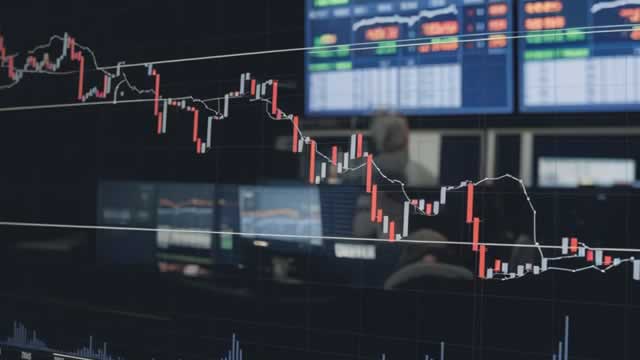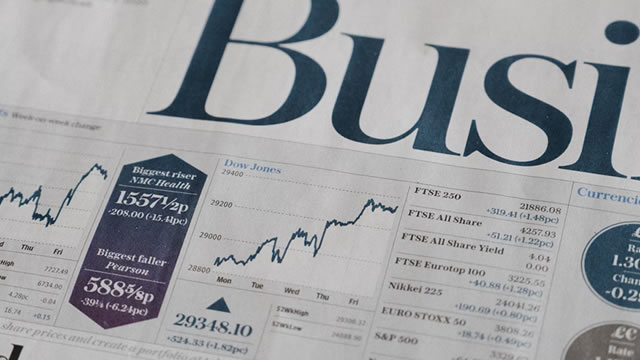Stock Market Sells Off: A Closer Look at the Impact of Unexpected Tariffs
Thursday saw a significant sell-off in the stock market, with major indices experiencing notable declines. The Dow Jones Industrial Average (DJIA) and the S&P 500 both registered losses of over 1%, while the tech-heavy Nasdaq Composite dropped by more than 1.5%. The cause of this downturn can be traced back to President Trump’s unexpected announcement of new tariffs.
Bigger-Than-Expected Tariffs
In a move that took investors by surprise, President Trump announced an increase in tariffs on Chinese imports. These tariffs, which were initially imposed last year as part of a trade dispute between the US and China, have now been raised from 10% to 25%. This decision came as a shock to many, as there had been indications that the US and China were making progress towards a trade deal.
Market Reaction
The announcement of these higher tariffs sparked a wave of selling in the stock market, as investors grew concerned about the potential impact on corporate earnings. Many companies, particularly those in the technology sector, have significant exposure to the Chinese market. Fears of a protracted trade war and its consequences for global economic growth weighed heavily on investor sentiment.
What’s Next?
Looking ahead, the focus will shift to key economic data and speeches by Federal Reserve Chair Jerome Powell. The release of the latest jobs report is expected to provide insight into the health of the US labor market. Additionally, Powell’s remarks at the annual meeting of the International Monetary Fund (IMF) could offer clues about the future direction of monetary policy.
Impact on Individuals
As a consumer, the tariffs could lead to higher prices for a range of goods, from electronics to clothing. The impact on your personal finances will depend on your individual spending habits and the extent to which you are affected by these price increases. It’s important to keep an eye on your budget and consider adjusting your spending accordingly.
- Consider reducing discretionary spending on items that may become more expensive due to tariffs.
- Stay informed about developments in the trade dispute between the US and China.
- Diversify your investment portfolio to minimize exposure to specific sectors or markets.
Impact on the World
The consequences of these tariffs extend far beyond the US. Other countries, particularly those with significant trade relationships with both the US and China, could be adversely affected. The uncertainty surrounding the trade dispute could also lead to a slowdown in global economic growth.
- Countries heavily reliant on exports to the US or China could experience economic instability.
- Global supply chains could be disrupted, leading to potential shortages and higher prices for consumers.
- Central banks around the world may be forced to reassess their monetary policies in response to the economic uncertainty.
Conclusion
The unexpected announcement of higher tariffs on Chinese imports sent shockwaves through the stock market, with major indices experiencing significant declines. The impact of these tariffs on individuals and the world at large remains to be seen. In the coming days, attention will turn to key economic data and speeches by Federal Reserve Chair Jerome Powell for insight into the future direction of the economy.





